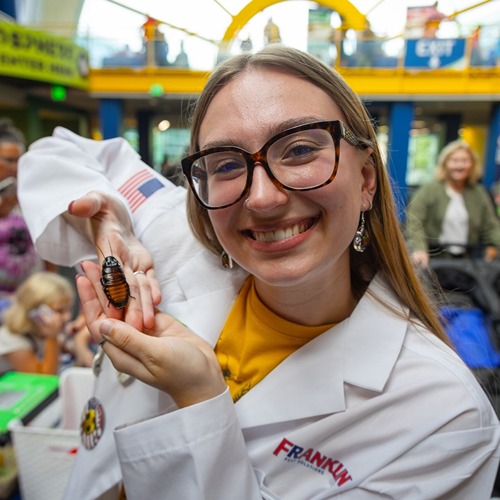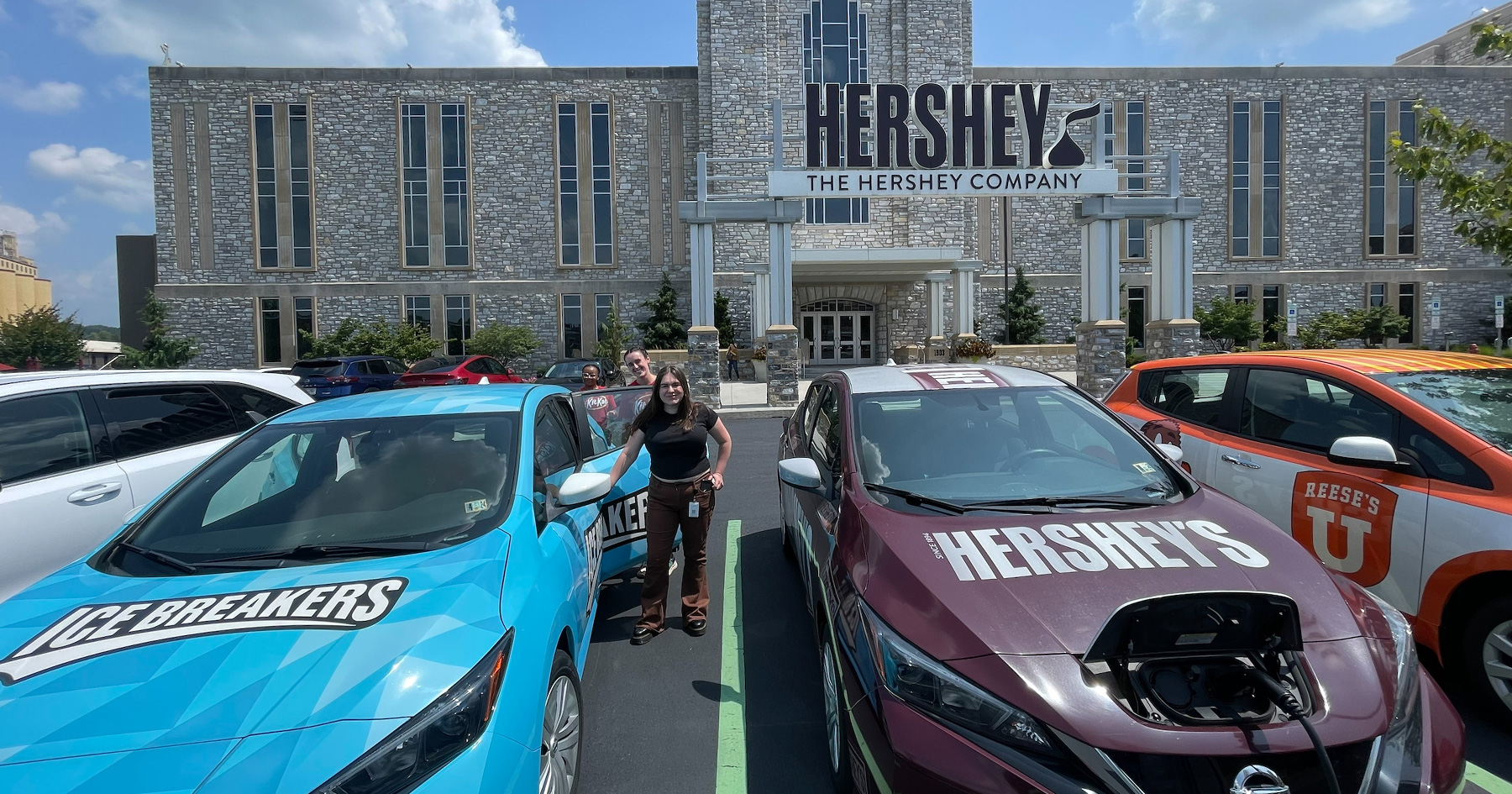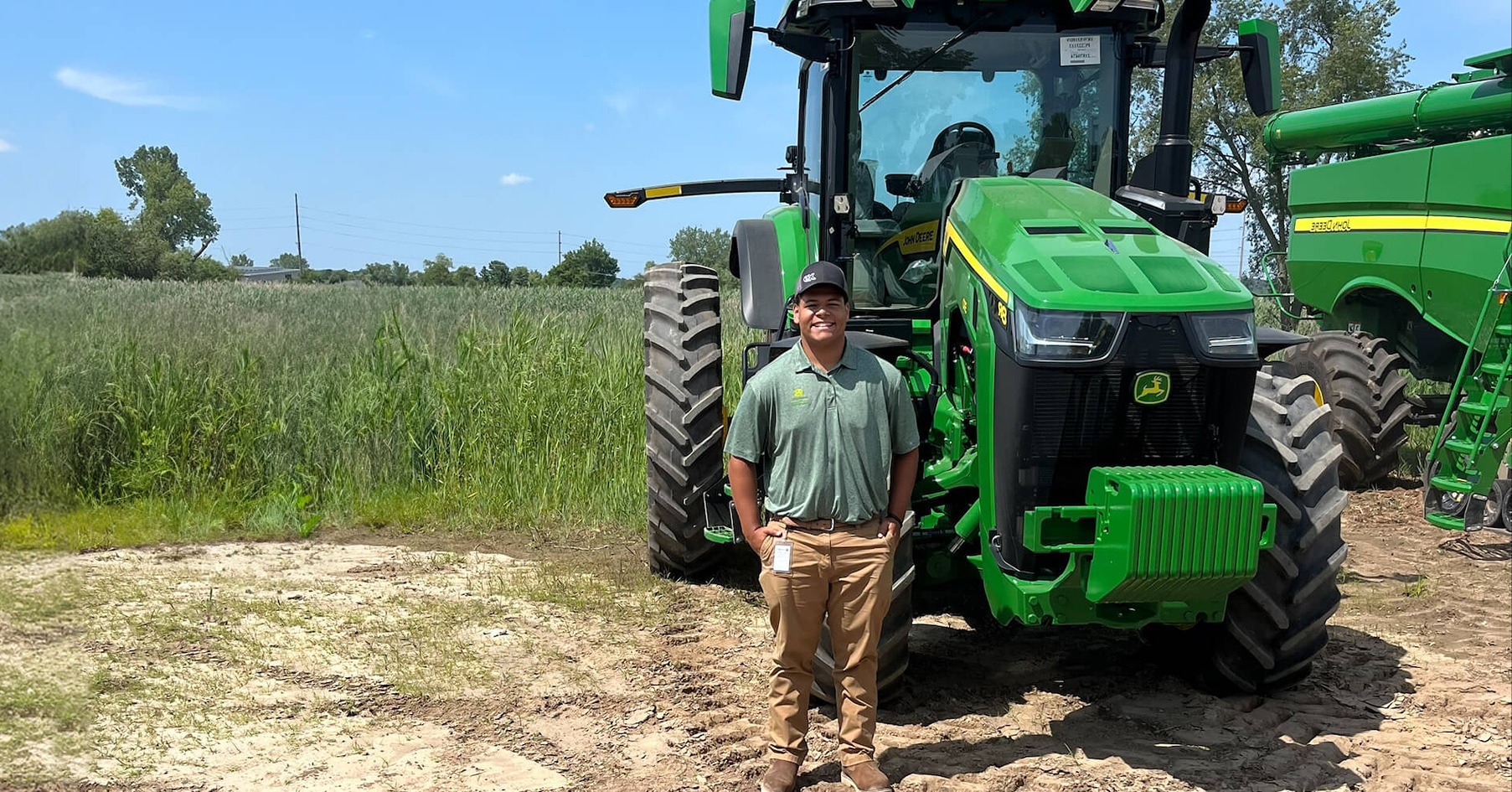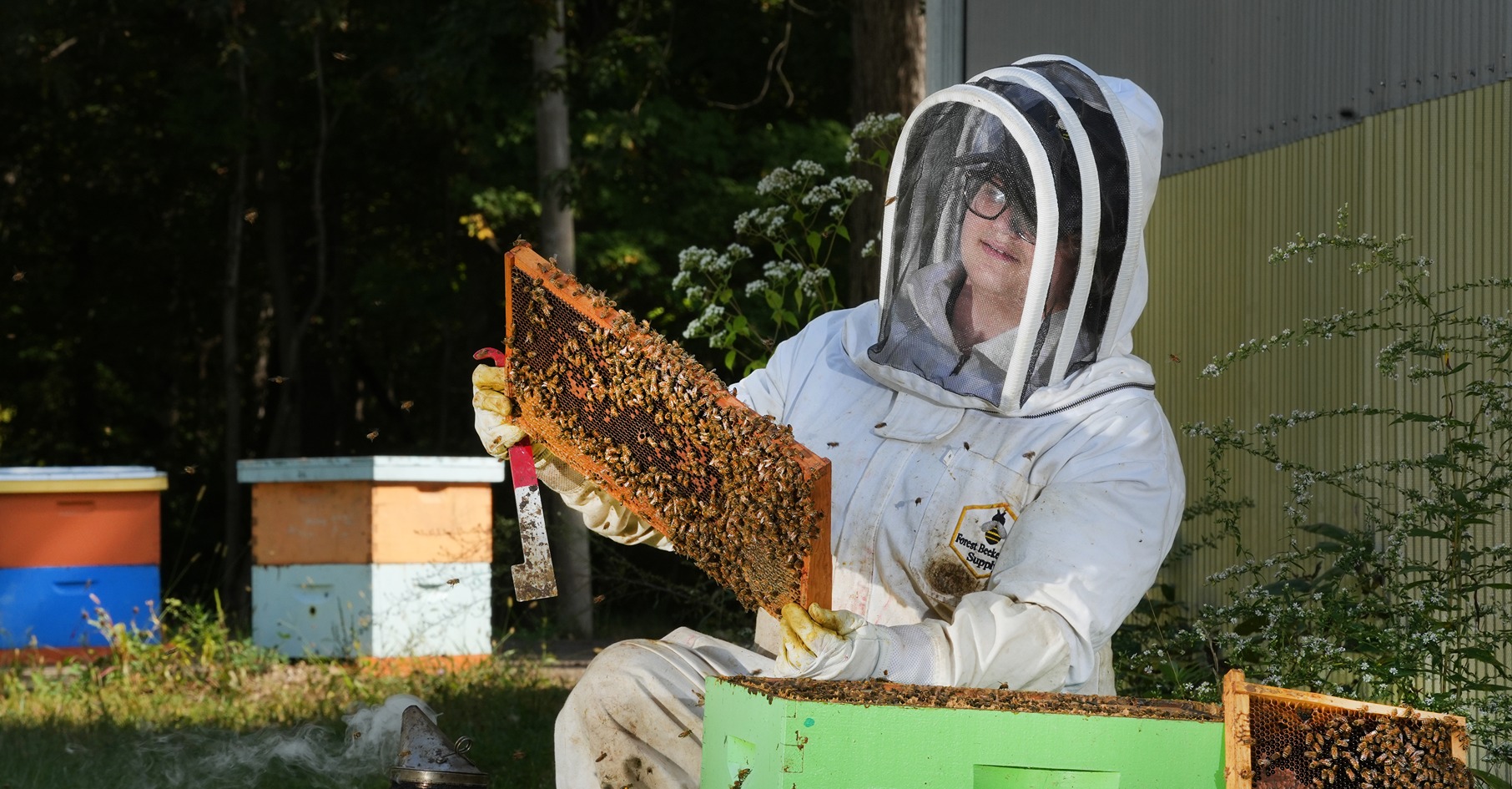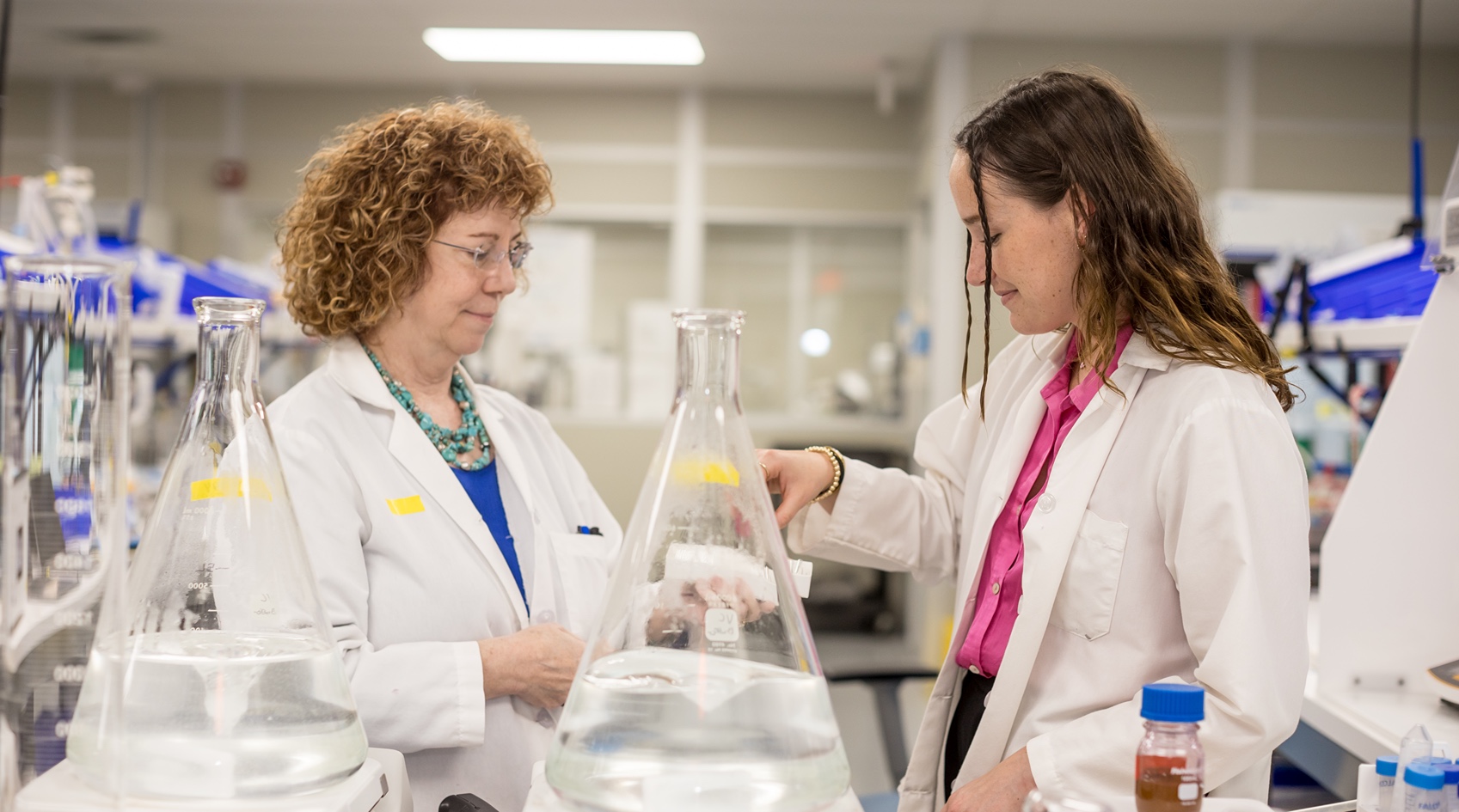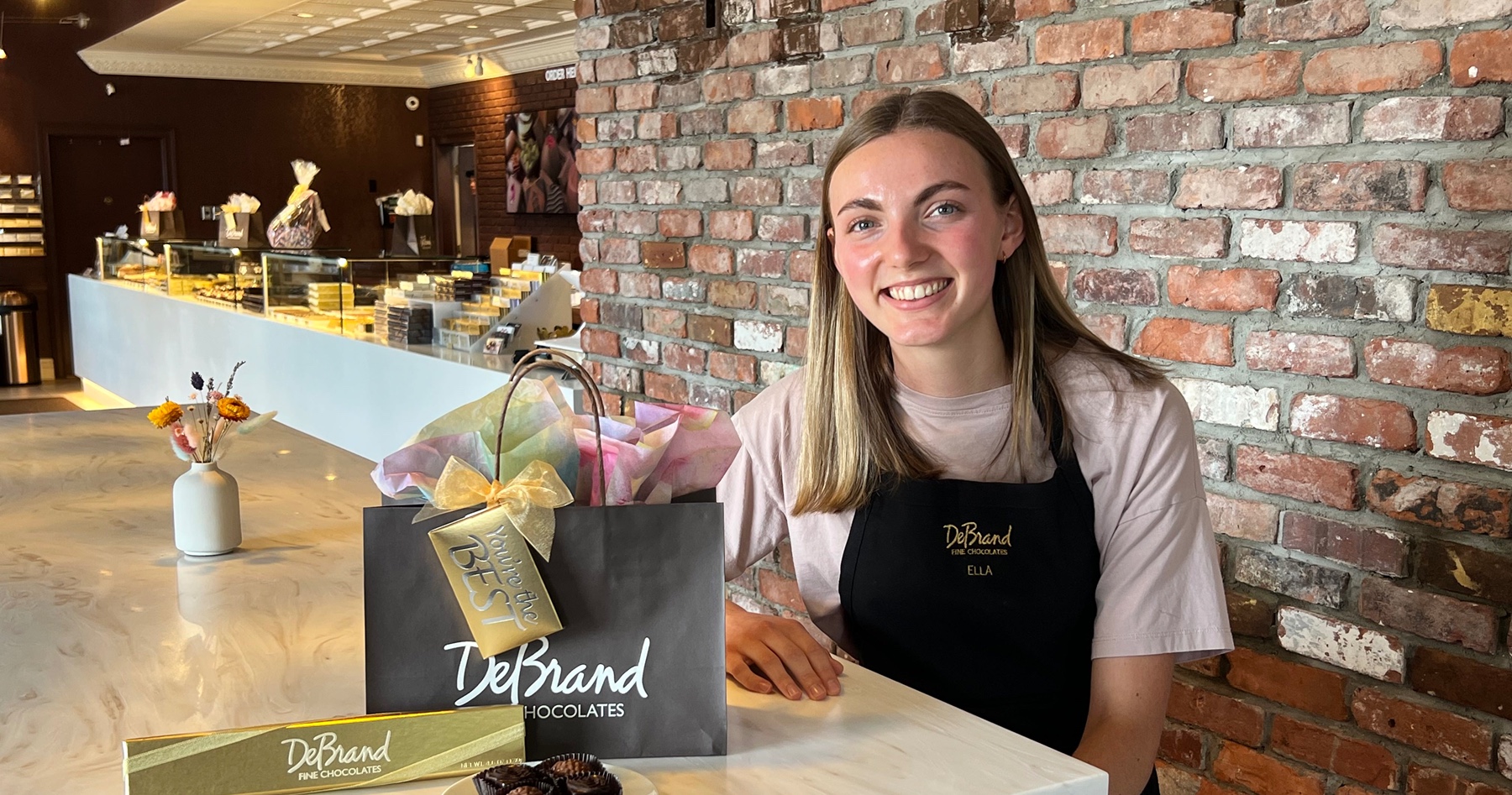Cultivating the Future: Jack Gross

From the classroom to the assembly line to grocery coolers
For a second summer, Jack Gross has come back to work at Chobani’s Twin Falls, Idaho facility for more than just the all-you-can-eat yogurt.
The senior agricultural and biological engineering major explained that the hands-on experience combined with a supportive staff were enough to bring him back for another round at the global yogurt producer. Tasked with monitoring the facility’s automated data to reduce water usage and product loss, Gross said his concentration in food and biological processing gave him the skills needed to hit the ground running.
“As I’ve gotten into some of the more upper-level classes for my degree, we’ve started learning about different things like heat exchangers and homogenizers,” he said. “At first, I was kind of wondering, ‘Why are we doing these weird word problems?’ But then I was able to come out here and see that word problem come to life on Chobani’s equipment, and it really made for an easy transition from the classroom to the workplace.”
Before working for Chobani, Gross said he didn’t eat much yogurt. Being a college student on a budget, Gross said he used to gravitate towards picking up a container only when he was at the dining courts. Now, he finds himself grabbing it as part of his daily routine up to three times a day.
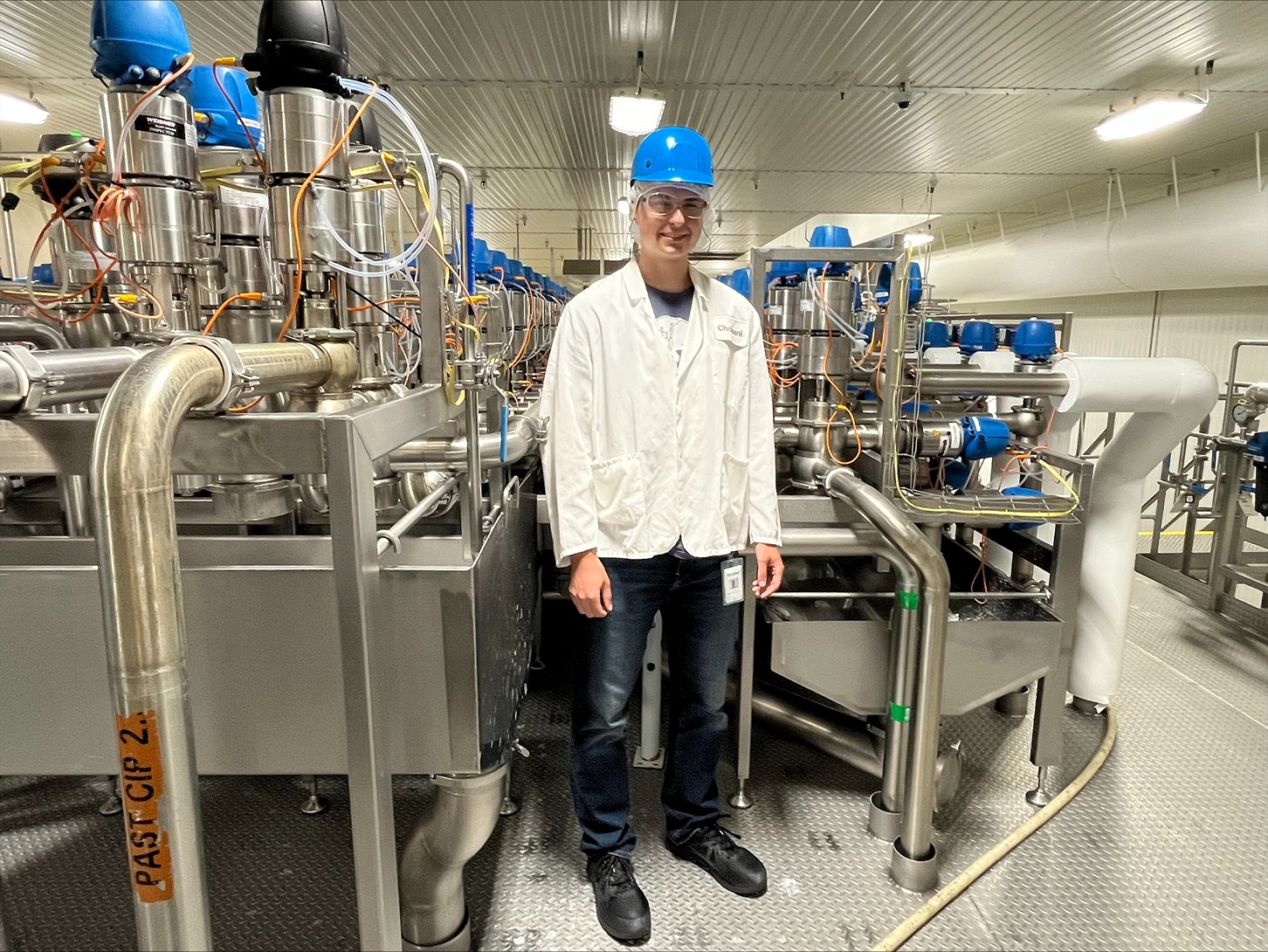 Jack Gross stands in front of processing equipment at Chobani's Twin Falls, Idaho plant.
Jack Gross stands in front of processing equipment at Chobani's Twin Falls, Idaho plant. “Working at Chobani is kind of like a dream, because you get to eat as much as you want,” he said. “They’re always putting out different products for employees to enjoy.”
When he first heard about the need for interns at Chobani’s Twin Falls plant, Gross said he was a little nervous to apply knowing it was over a 30-hour drive from his home in Columbus, Ohio, and never having traveled out west.
His first summer left him feeling affirmed in his skills and knowledge acquired in Purdue classrooms, but his second summer has been a test for the future.
“Working at a place like Chobani is really great, but I wanted to prove to myself that I could be happy with moving all the way to the other side of the country after graduating next May,” Gross said. “It’s beautiful out here in Idaho, and even though I have only been here in the summer months, it really feels like home to me.”
The cherry on top of his internship experience for Gross is feeling fulfilled by the work he’s doing.
“Chobani’s message they emphasize is that they make good food for everyone, and they really live by that message,” he said. “Seeing that firsthand and having the support of the team I’m working alongside leaves me going home happy each day.”

